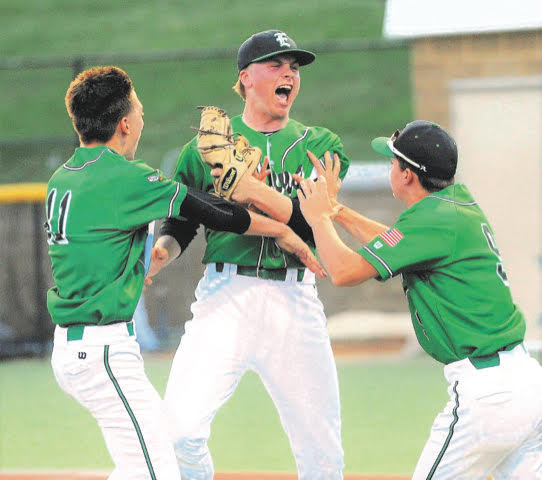Under normal conditions, Spring is a time to contemplate outdoor activities. In our home they include fly-fishing, hanging out on the patio with friends (while enjoying smoked wings, ribs, salmon and other great treats), listening to music, watching ultimate frisbee, and baseball. For all of us, spring 2020 is a different reality.
First, we are blessed with good health and that is not to be taken for granted. We are also in a position to navigate through the economic challenges with changes to work models, shifts in expenses and a variety of other adjustments.
Despite that, there are a few things we are missing this spring including:
- A College Senior’s final recital and Jazz Festival.
- A youth symphony trip to Italy (along with a family vacation to celebrate a college and a high school graduation).
- The ultimate frisbee season.
- The high school baseball season for a Senior Captain (more on that in a bit).
- Two commencement ceremonies and related activities.
- Income from the canceled Opera season, work projects due to travel restrictions.
- Time with grandparents, siblings, cousins and friends.
Enough of that before I start overthinking the things we miss.
Last week, the high school baseball season was formally cancelled. We have a Senior who was named a captain and the end of the season last year. He has worked hard for a long time to take the mound on opening day with that C behind his name. It will not happen. Despite that, a decision on the summer and fall seasons have not been made and that is good.
I have had conversations about the summer season and possible scenarios that might allow that to happen. Those conversations provide some interesting insight into how different our decision-making process is at this time. Here are a few insights.
There are three essential frames to thinking about developing scenarios, especially at a time of great uncertainty. Identifying what we know that is relevant, identifying what is unknown that matters to the issue at hand, and identifying the key variables that will impact a scenario becoming a reality.
First, here is what we know:
- Baseball is played outside with very little direct physical contact.
- Distancing is an issue in the following situations:
- In the dugout
- At home plate
- With a runner held on a base
- After a home-run is hit (think team celebrations at home plate)
- Fans watching the game
- The restrooms
- The concession stand
- All of these knowns vary for baseball played at different levels. Little league, High School, Legion/VFW, Club, College, Summer Leagues (Northwoods, Cape Cod, etc.), Townball, Minor Leagues, MLB. The number of players, number of fans, infrastructure, etc. are all different.
- It is unlikely that the typical schedule of youth tournaments that being large groups of people from around the country (and world) together in Atlanta, Phoenix, Indianapolis and other locations will occur. Games will be local with perhaps a statewide draw.
- Outdoor spaces like golf courses, parks and public trails have opened in Minnesota.
Here are some key un-knowns:
- Whether a baseball transferred from person to person is a carrier of the virus. This was a reason for cancelling the high school season. The ball passing from one person to another.
- If anti-bodies prevent a person from becoming re-infected.
- The trajectory of the virus spreading as the people in the North emerge from winter.
Critical variables that impact potential scenarios:
- People are more tolerant of short-term, high-impact decisions now than just a few months ago. We are more willing to wait for a decision than we were in February.
- How the spread virus models in the summer and fall.
- More spectators may come to games because of limited recreation options.
- Players wearing masks may decrease the possibility of the virus spreading through air-born droplets or from contact with the ball. The simple act of wearing the mask would prevent players from licking their fingers to gain a grip on the ball. This may result in more errors, but the players may tolerate that in order to play.
- If each player uses their own bat and helmet (that is typically the case so that lice do not effect a team).
- The ability to schedule games within a smaller geography thereby allowing variations in schedules due to increases in virus activity.
- The ability to schedule games in a shorter timeframe (one or two weeks at a time). While this impacts player training, there is an increased tolerance for this type of uncertainty in order to play.
These discussions offer an insight into the process of making decisions in the world we are in today. There are a large number of leaders making decisions that do not need to be made right now. This speaks to the tolerance we all have for shorter-term planning horizon. While are human instinct is to crave certainty (yes, we are all angsty because of the uncertainty surrounding us) we are also more tolerant of delaying decisions as long as we know the variables that will be used to make future decisions and a timeline for action. We are all at home, hoping something will change and willing to wait for a positive answer rather than jumping to a negative conclusion.
Let’s hope we have some baseball ahead of us this summer! More importantly, let’s hope we don’t feel like we need to jump to a conclusion we regret, whether there are games or not.


